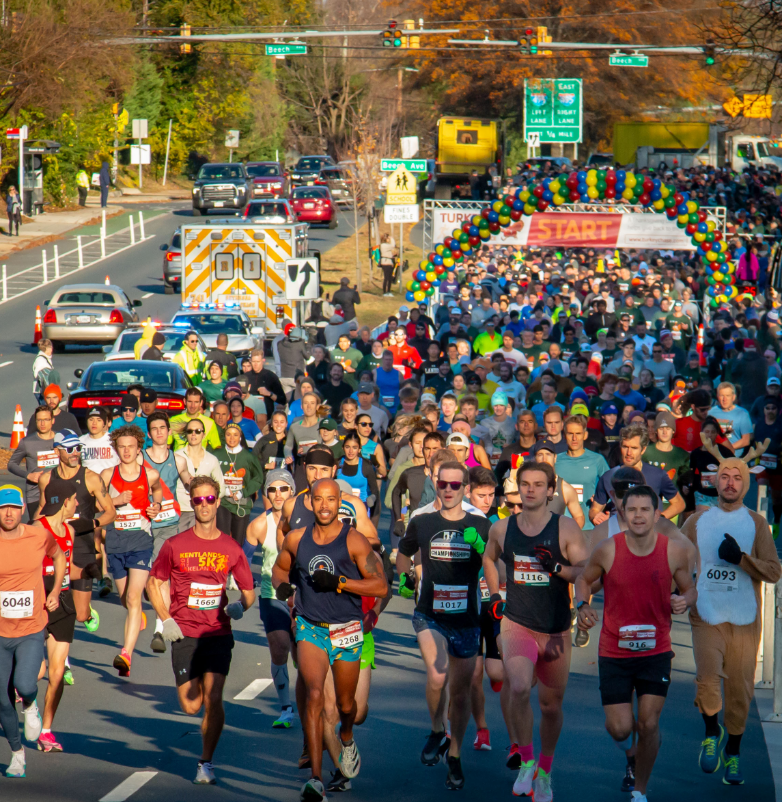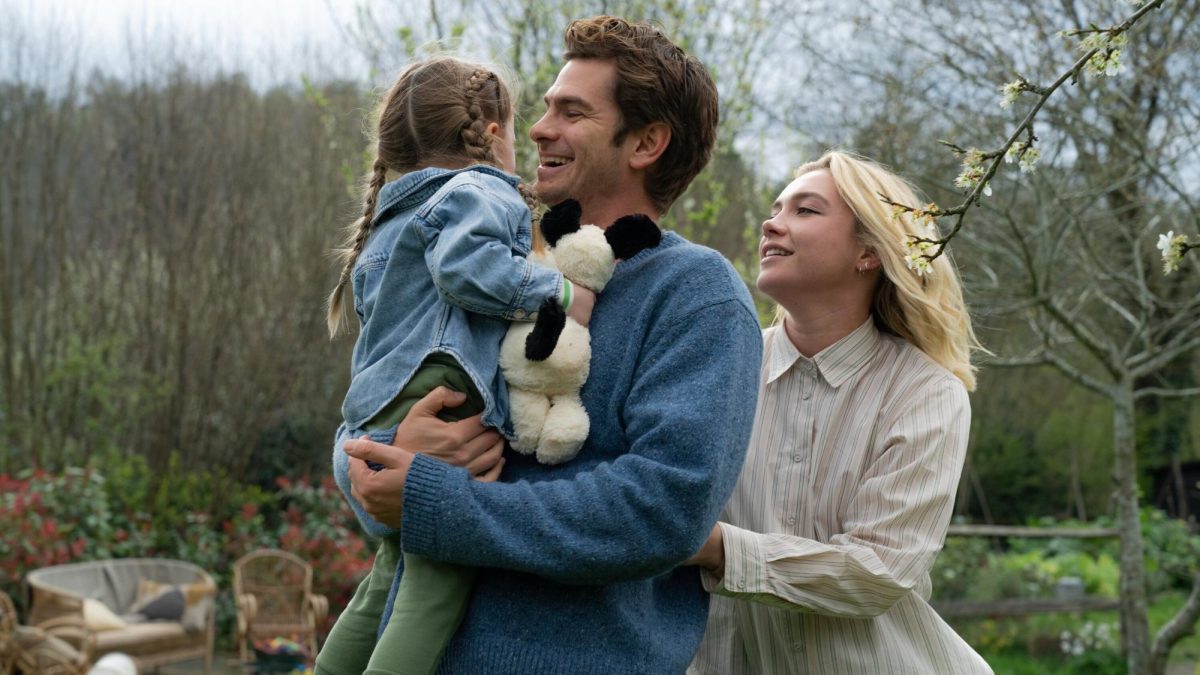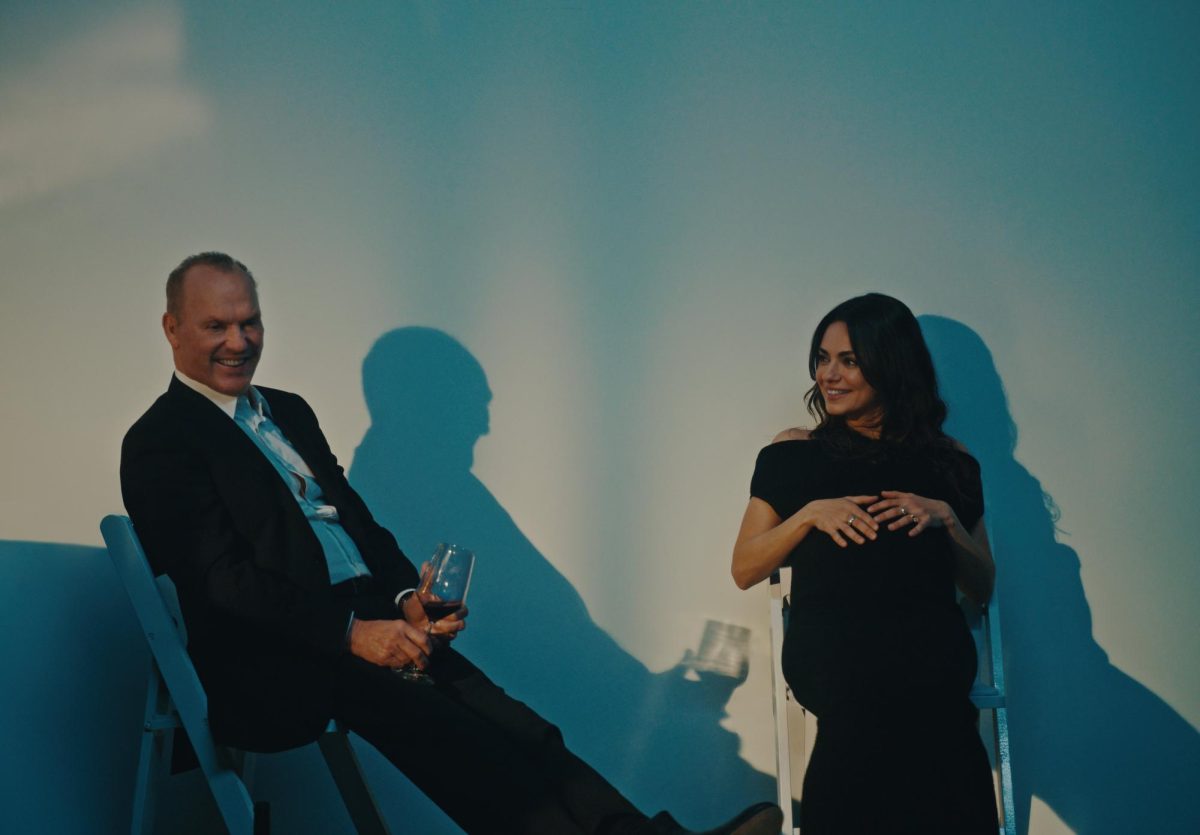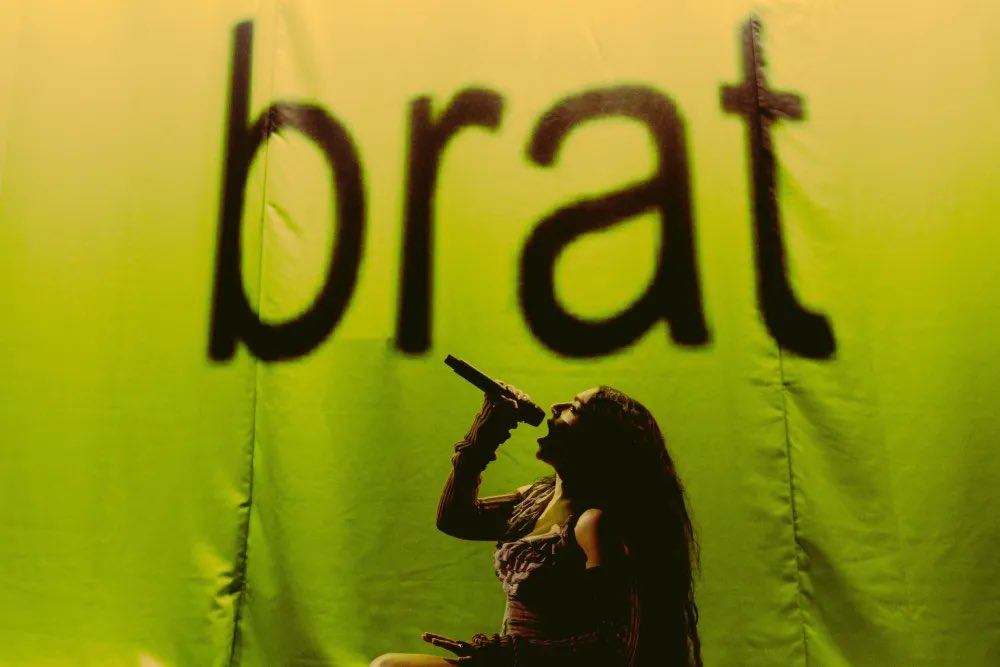Julie Mack, jazz singer and Whitman parent, sings regularly at Tel’ Veh Café and Bistrot Lepic in D.C. and Vino Volo in Bethesda. Five years ago, after leaving her career as a lawyer, Mack began to pursue singing opportunities and has accumulated a following in the Bethesda community.
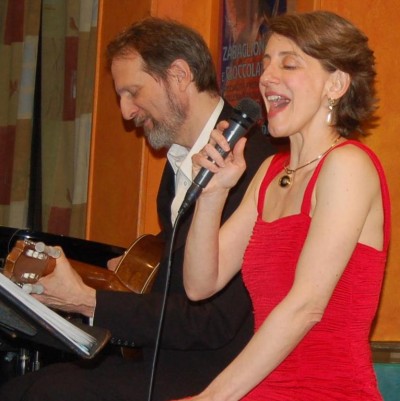
The Black & White: When did you start singing?
Julie Mack: I started singing when I was a little girl. I was always singing for fun on car trips, in school, in chorus, in shows at camp and any time I could. I’ve been singing my whole life.
B&W: When did you start performing?
JM: I started performing professionally five years ago. I had performed in shows, concerts and other things off and on during my life before that. I started performing jazz gigs five years ago. After that, some choir performances off and on and starting in college I learned many songs starting from the Great American Songbook that formed the basis of my jazz repertoire. For more than 20 years, I was learning songs from listening to recordings.
B&W: What made you interested in jazz?
JM: While living in New York City, I took some cabaret and performance classes while working my other career at the same time. I didn’t do any professional jazz gigs until five years ago. I decided I would focus on it and try to do it as much as I could and see how far I could go with the thing I had always wanted to do but hadn’t done professionally.
B&W: Is it difficult to begin performing professionally?
JM: It has been difficult for me. Even though I’m doing music full time, I’m not working enough that I would call it a full time job. Many of the musicians who support themselves or have a spouse that also works have to be not only performing every day of the week but teaching in the day and recording and just doing a lot of things in order to make enough money. For me, my goal was just to become a working vocalist in D.C. and be known as that by musicians in D.C. and to make enough that I could consider it a job. Right now, I’m doing that.
B&W: What about starting to perform was difficult?
JM: It’s very competitive. There are a lot of people who want to do it, and not so many places to do it. There are a lot of people out there who sing and there are a lot of people who have been doing it for their whole adult life. There are people who are young and very talented who have been to music school and conservatories. I also had to hone my skills and get some momentum going. It has been very exciting and fulfilling but not easy either.
B&W: What had you been doing before you decided to focus on music?
JM: I had a long career as a lawyer. Of course being from D.C. that’s maybe half the people here. When the law firm that I was working for dissolved, I did not look for another law job. I was home for a while with young children, and a few years after that I decided that I would find teachers and places to sing and just take it as far as I could.
B&W: What is it about performing and singing that made you want to
pursue it more actively than before?
JM: It’s just the thing that I’ve loved to do from childhood that made me feel wonderful when I did it. I started arranging performances; first I started by finding places to perform whether or not they would pay me. I found my own gigs and hired musicians to accompany me. One of the first times I performed somebody said, “Wow, you just look alive.” That’s how I felt, and when I started in D.C., it was my thing. Nothing else made me as happy as when I was doing that. I have to remember that now that the business and work starts to take over it. Even now when I’m doing it and it’s going well, I’m very happy.




